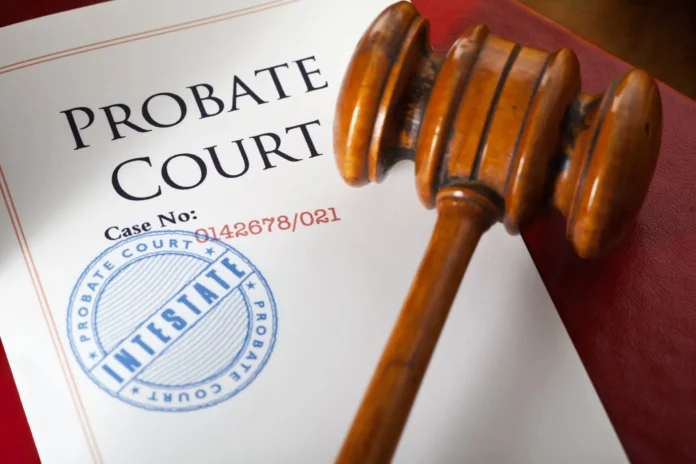Dealing with a will, especially for a friend or loved one, is a somewhat complicated endeavor. The task at hand is to transfer the deceased person’s assets and property to the beneficiaries named in the will. Understanding the role of the probate court in executing a will elucidates this process. Go to this website https://shunarthawaii.com/ in order to acquire additional information about complicated cases.
Probate is the process of proving a will’s authenticity and giving it legal recognition. Depending upon the type and amount of assets, and what kind of arrangements the decedent (or deceased) has made, the full probate process may not be necessary. However, all wills require some dealings with the probate court. Many states have adopted the Uniform Probate Code to simplify the process. The job of a probate attorney is to help with the required court paperwork and explain the requirements.
A will is administered by an executor, usually designated in the will. The will’s author, known as the testator, may not have named an executor or named one who cannot serve. If so, whoever has the will in his or her possession, the custodian, must file it in probate court along with the death certificate. As the court keeps the original will, several photocopies should be made. The court then appoints an executor. If there is no will, the court appoints an administrator to distribute the property to heirs.
The will must be proved to be the authentic work of the testator. Many will have a special paragraph where the testator and witnesses who signed the will affirm its legitimacy before a notary. If the will does not have this self-proving paragraph, the executor must contact the witnesses to confirm their signatures. If the witnesses are not available, there are other ways to confirm the signatures’ authenticity. For further details about will cases, visit this website https://familyfella.com/ for further details.
The executor inventories the estate’s assets. Some assets, such as life insurance, “pay on death” bank accounts (or CDs), and IRAs, pass directly to the beneficiaries. Only probable assets, those that qualify under the terms of the will, are inventoried. Some assets such as cars, homes, and art objects or collections may need to be appraised. The list is filed with the court.
Before the assets can be distributed, the testator’s debts must be paid. The executor runs a newspaper ad inviting creditors to contact the estate. The creditors have one year to come forward. The court may require the executor to file a list describing the creditors and their claims, and which ones have been paid. Some claims against an estate are not legitimate, and their validity has to be determined by the executor. The estate may also have to pay the decedent’s final income tax and in some cases an estate tax.
The beneficiaries must be notified about the distribution. The court will require proof that this was done. When the assets are transferred, the beneficiaries sign receipts, which are also filed with the court. The executor states that all estate duties are completed and the estate is officially closed. If you still have some questions about legal rights, check out this website https://mysqmclub.com/ for further details.








